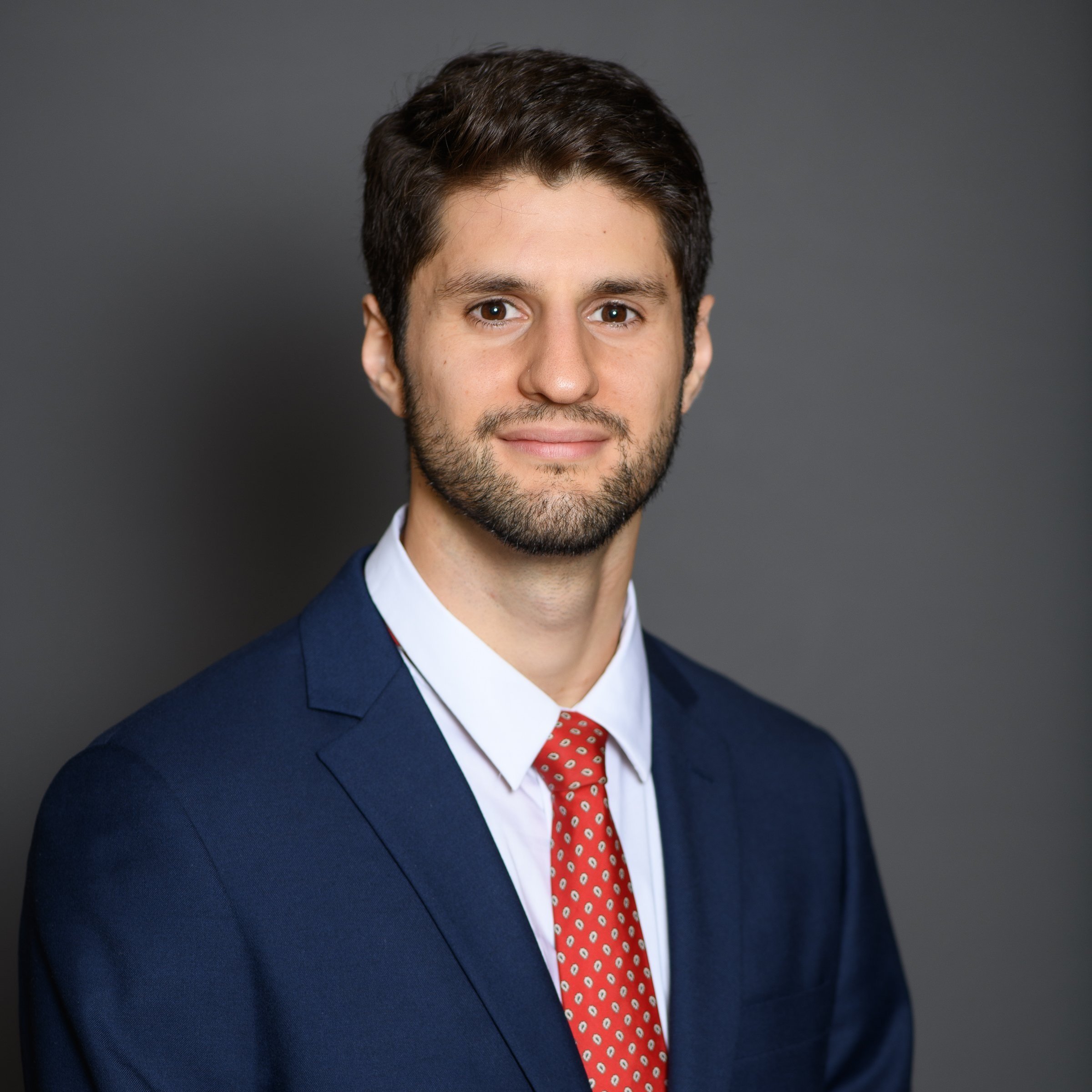Generative AI in Higher Education: Evidence from an Elite College
(with Zara Contractor)
Abstract | arXiv:2508.00717 | IZA WP #18055 | Updated August 2025
Generative AI is rapidly transforming higher education, yet systematic evidence on student adoption and usage patterns remains scarce. Using novel survey data from a highly selective U.S. college, we document exceptionally rapid AI adoption, reaching 80 percent within two years of ChatGPT's release. Adoption varies substantially across disciplines, demographics, and achievement levels, with potential implications for educational inequality. Students use AI both to augment their learning (e.g., obtaining explanations and feedback) and to automate tasks (e.g., generating final outputs), though augmentation uses are more frequent and intensive. Beliefs about AI's positive impact on learning strongly predict adoption, underscoring the role of student perceptions in technology diffusion. We find that institutional policies significantly shape usage patterns but generate unintended heterogeneous effects across student groups through differential awareness and compliance. We discuss the implications of these results for the ongoing debate about how educational institutions should integrate AI into teaching and learning.
